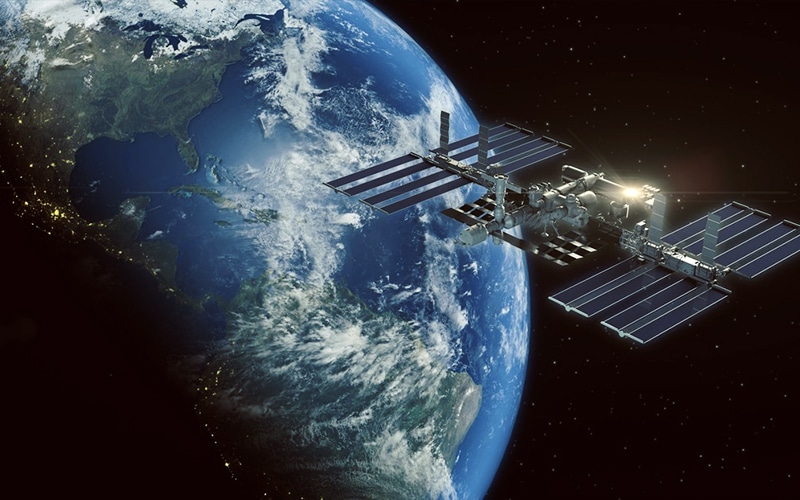The much-anticipated SpaceX rocket blasted off into Low Earth Orbit with “crypto-satellite”. This paved the way for secure blockchain-related cryptography in space with the launch of Cryptosat’s first nanosatellite.
Cryptosat, as the name suggests, is the company that developed Crypto1, a crypto-satellite module hitching a ride aboard a Falcon 9 rocket for SpaceX’s Transporter 5 mission. Blockchain satellite technology has already been tested on the International Space Station.
Yonatan Winetraub, co-founder of Cryptosat also confirmed the launch saying “We’re basically joining the Uber of spaceflight, everybody goes into the same orbit and we’re one of the passengers.”
According to Winetraub, SpaceX also launched a bunch of satellites, each one of them is designed to do something different from the other. With this, SpaceX is trying to provide cryptographic services for customers on Earth which won’t interfere with the other satellites at all.
The Crypto1 satellite is a coffee mug-sized module developed using off-the-shelf parts. In space, it will offer a physically unreachable and tamper-proof platform from which blockchain and ledger applications can be launched.
Co-founder Yan Michalevsky stated this type of platform is the first off-world “root-of-trust”. It is a source that can always be trusted within a cryptographic system that is not dependent on other satellites or companies but actually provides the hardware in orbit.
He also explained that one of the most exciting application modules is to establish zero-knowledge proof protocols which are being used more often for voting in a DAO. This ensures that DAO can make decisions without exposing individuals’ votes.
Other applications for the module include the possible deployment of an entire blockchain, and having the ledger out of reach from attackers. Consequently, crypto-mining could become a relic of the past, as it would theoretically no longer need decentralization through multiple validators.
The co-founder concluded that a trusted module in space is required, given attackers have the incentive and ability to gain access to Earth-based modules. However, the technology to capture and tamper with a satellite isn’t available.
On the other hand, at the World Economic Forum at Davos, Filecoin and Lockheed Martin announced plans to deploy an Interplanetary File System (IPFS) in space.
The goal is to create an infrastructure that will allow people to share information, improve communication, and lower storage costs between earth and space. Undoubtedly, the crypto industry is rapidly growing to reach new heights.






